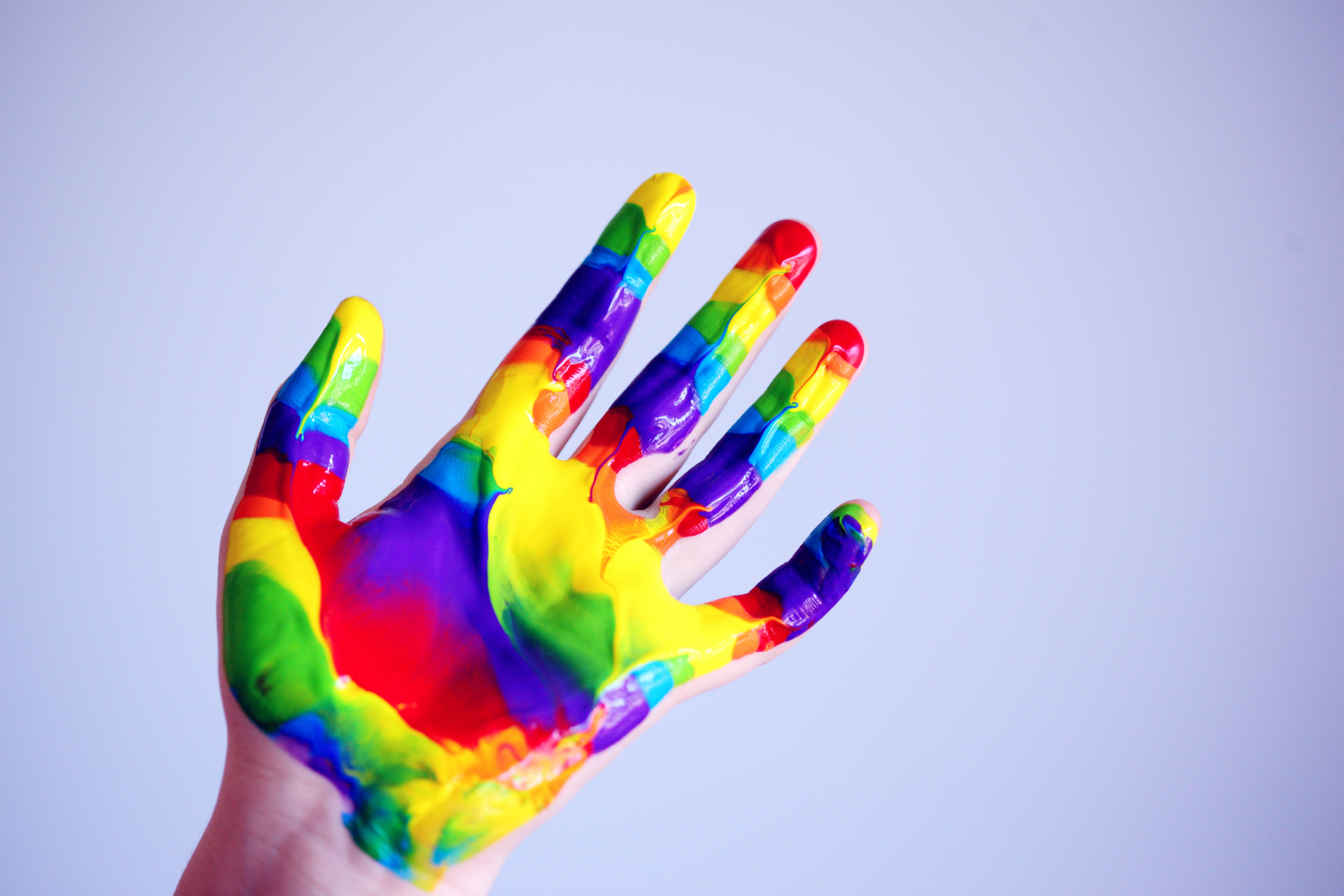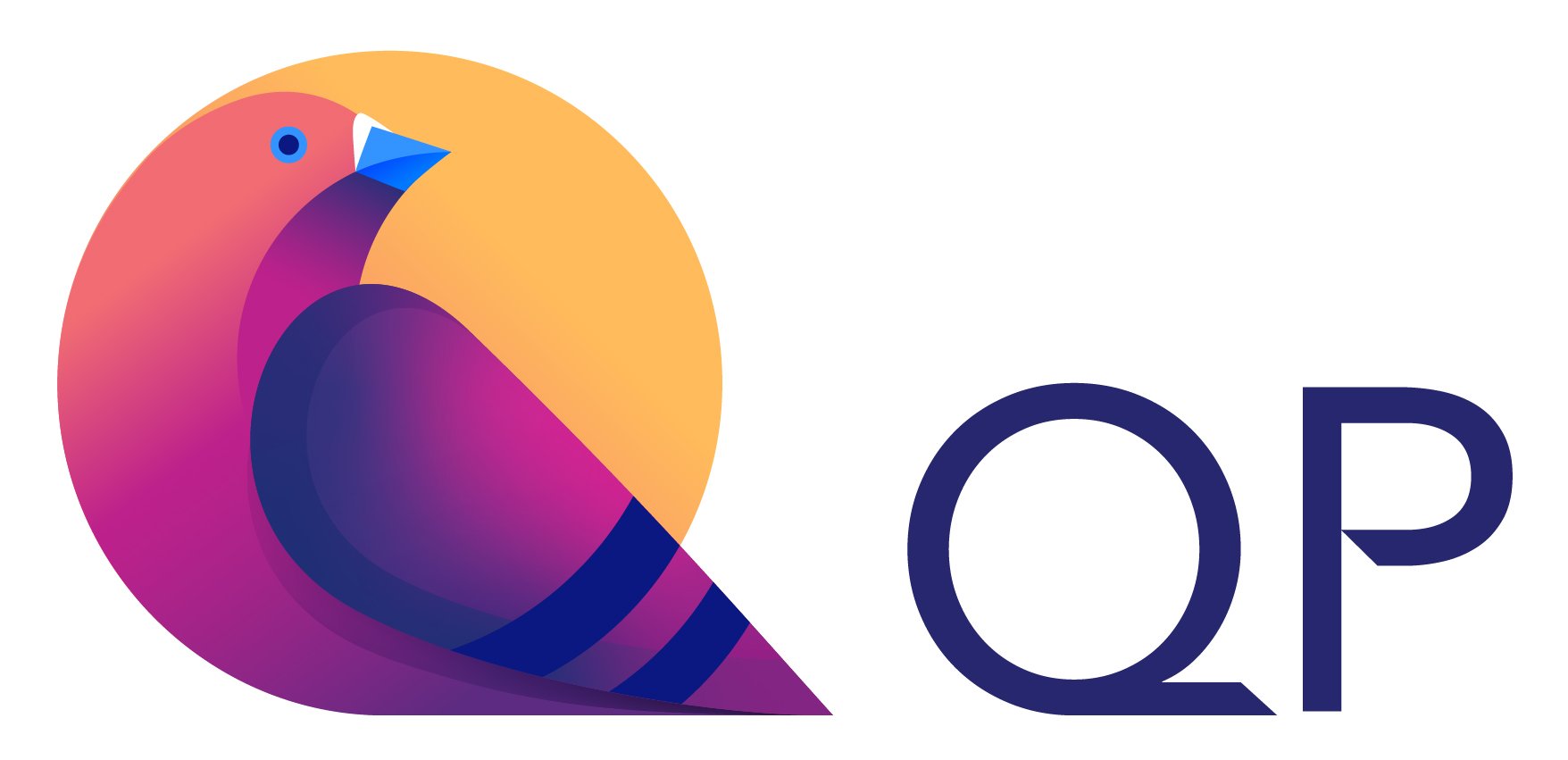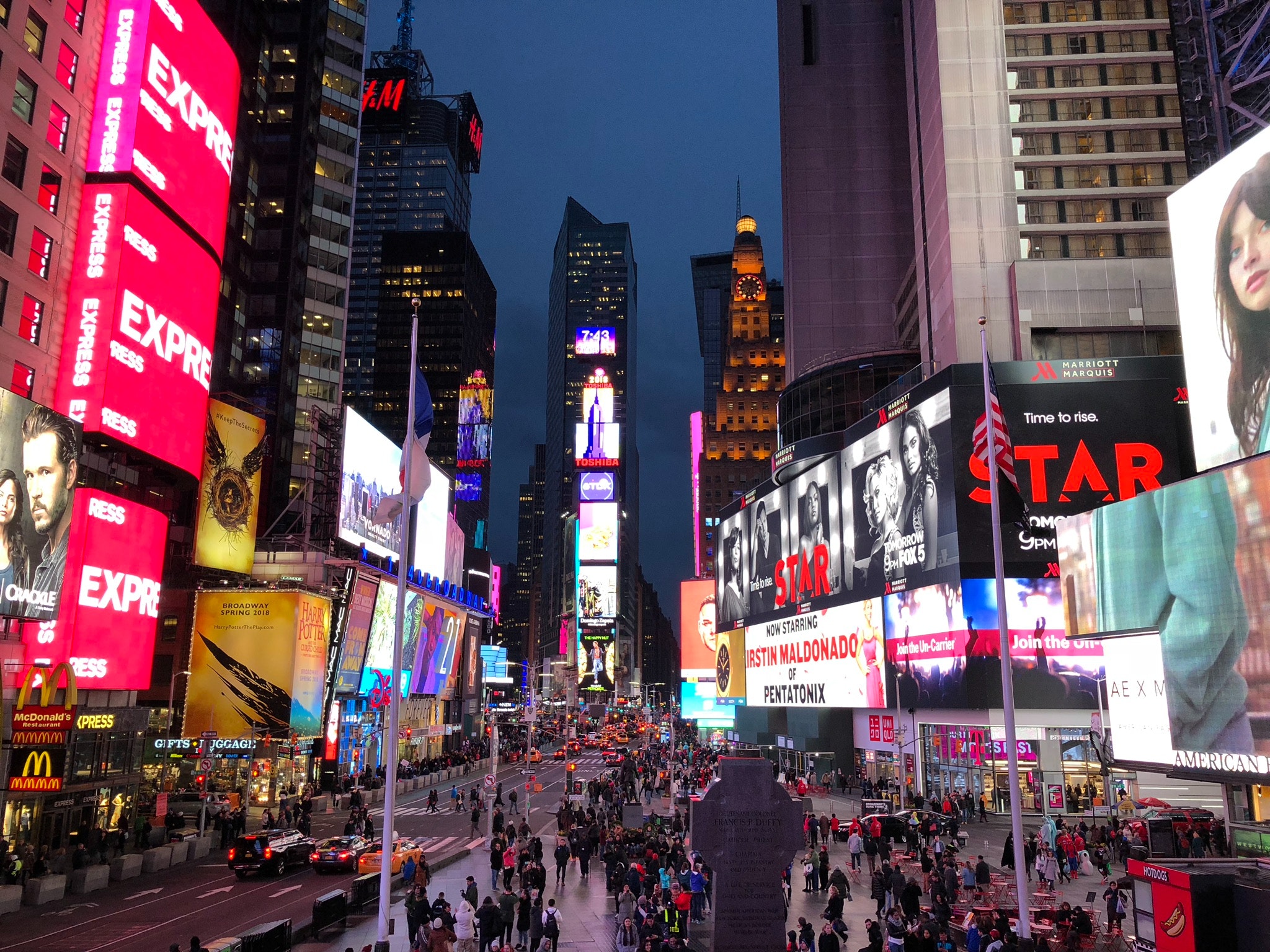We know that algorithms take on the characteristics and personalities of their creators – hence the disaster of the sexist Amazon hiring algorithm, and the failure of the algorithm-driven Zillow Offers house flipping endeavor.
When an algorithm is placed in charge of social interactions the outcomes are entirely predictable: early success leading to rapid growth, followed by a slow but unstoppable descent into promoting behavior that raises revenue for the platform at the expense of users. Here are five ways algorithms are tearing at the seams of society.

#1 Forcing the creativity out of creators
In order to make a living, creators must ensure their content is properly aligned to the algorithm – a classic example of the tail wagging the dog. Websites having to completely alter their content and design periodically to avoid being put out of business by shifts in the Google algorithm we already knew about; social media algorithm updates are murkier. A cottage industry has grown up around tips and tricks to overcome platform algorithm changes, and while some is structural, plenty is around content. To get maximum distribution, creators can’t focus on their core audience – they must hit the preference of the algorithm.
The algorithm should be the enabler of preference, not the final arbiter
#2 Forcing posts to act like ads
The latest disastrous Instagram algorithm rollout has finally woken up legions of users and creators to the insidious nature of platform-driven feeds. Nonetheless, Instagram has opted to promote video over still pictures, in the same way that Facebook now shows roughly as many ads as it does organic posts. In order to compete for viewers, creators must now use gimmicks and ad-like rapid fire action to stand out from commercial content. There are few, if any creators, who signed up to become ad writers.
Literally nobody ever went on social media looking for ads, whatever Meta tells you.

#3 Promoting unreal illusions of life
The impact of the impossible standards promoted by social media have had a demonstrated corrosive effect on teenagers – and, as a result, those who are now young adults. The algorithm learns early one that we are fascinated by movie stars and models, so promotes those posts to the top; which forces creators who want to compete for mindshare to create similar pictures; which drives an aesthetic that is impossible to achieve in real life (see these with/without Photoshop pictures).,
Social media that literally hurts its users can hardly claim social value.

#4 Promoting anger and hatred
The social media platforms know that negative emotions can be stronger than positive ones, so they program their algorithms to score an angry emoji five times higher than a happy one. It turns out that engagement (read: continued scrolling through feeds busting at the seams with ads) goes up when users are angry than when they are happy. Instead of using technology to connect the world, algorithm-driven platforms are instead using technology to get the people in the world to fight with one another!
Fraying relationships between people is a horrible end result of digital social connection!

#5 Encouraging trolls, stalkers, and haters
Trolling – those who capture the comments section of a post and make it their own – continue to be a problem, and are, if anything, getting worse. The algorithm, far from protecting us from individuals and groups that are promoting an agenda at odds with a creator’s content, encourage dissension and argument, promoting posts with unhealthy amounts of bad faith bickering. Stalkers are essentially impossible to avoid for popular creators, as the advice for ditching them basically comes down to “don’t post publicly”. As long as a creator cannot protect access to their work, they are forced to leave a door open for those who would harm them.
Providers owe users control over their own social access



